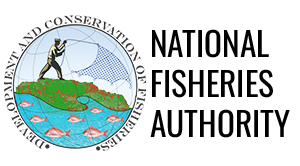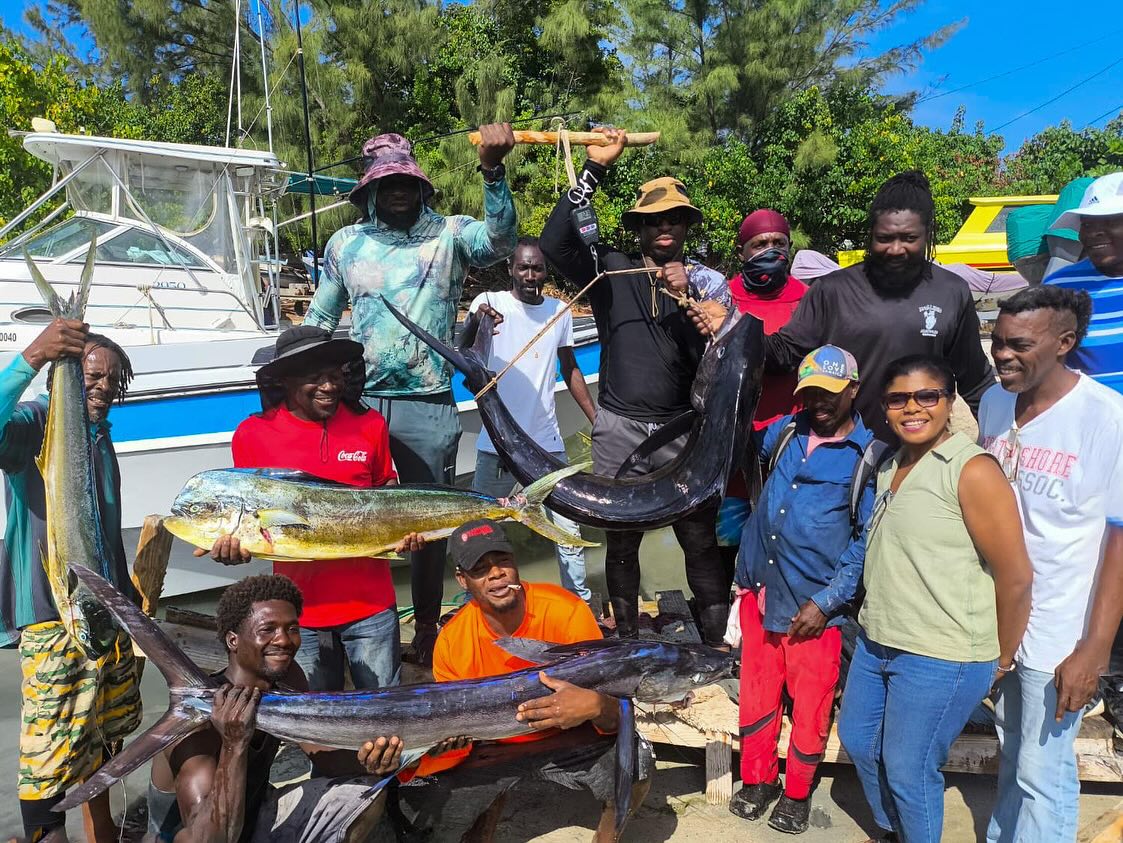For the first time in the BK Big Fish tournament’s eight-year history, not a single mahi-mahi, also known as dolphinfish, was caught by the more than 350 sport anglers at the annual competition in mid-March.
Now there are concerns that a World Bank-funded initiative to train and equip Jamaican anglers to catch highly migratory fish could be having an impact on local fishing, and on the Cayman Islands’ marine ecosystems more broadly.
Boat engines, fish attraction devices and longlines that stretch for many miles, each baited with hundreds of hooks, are part of a multi-million-dollar programme that is funding and teaching Jamaican anglers to better target and catch highly migratory, pelagic species, which inhabit the open ocean, such as wahoo, marlin, mahi-mahi, swordfish and tuna.
A spokesperson from the Cayman Islands Department of Environment said, “An increase in the use of longline fishing gear in the Caribbean is concerning to hear about.
“Longlining fishing methods are often controversial due in part to potentially unsustainable approaches leading to overfishing, by catch of non-target species, including turtles, sharks and sea birds and the loss of fishing gear and marine mammal entanglement.”

